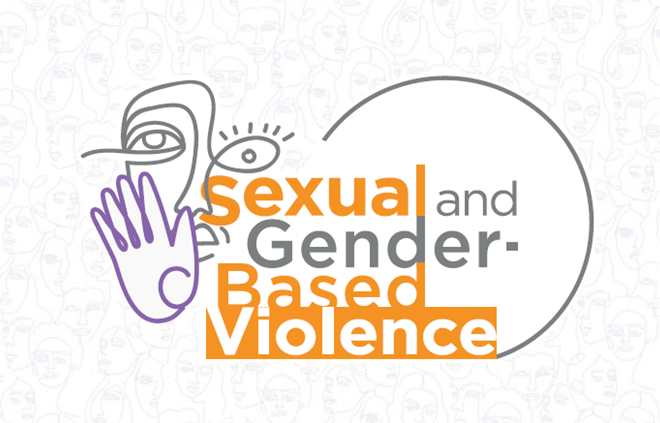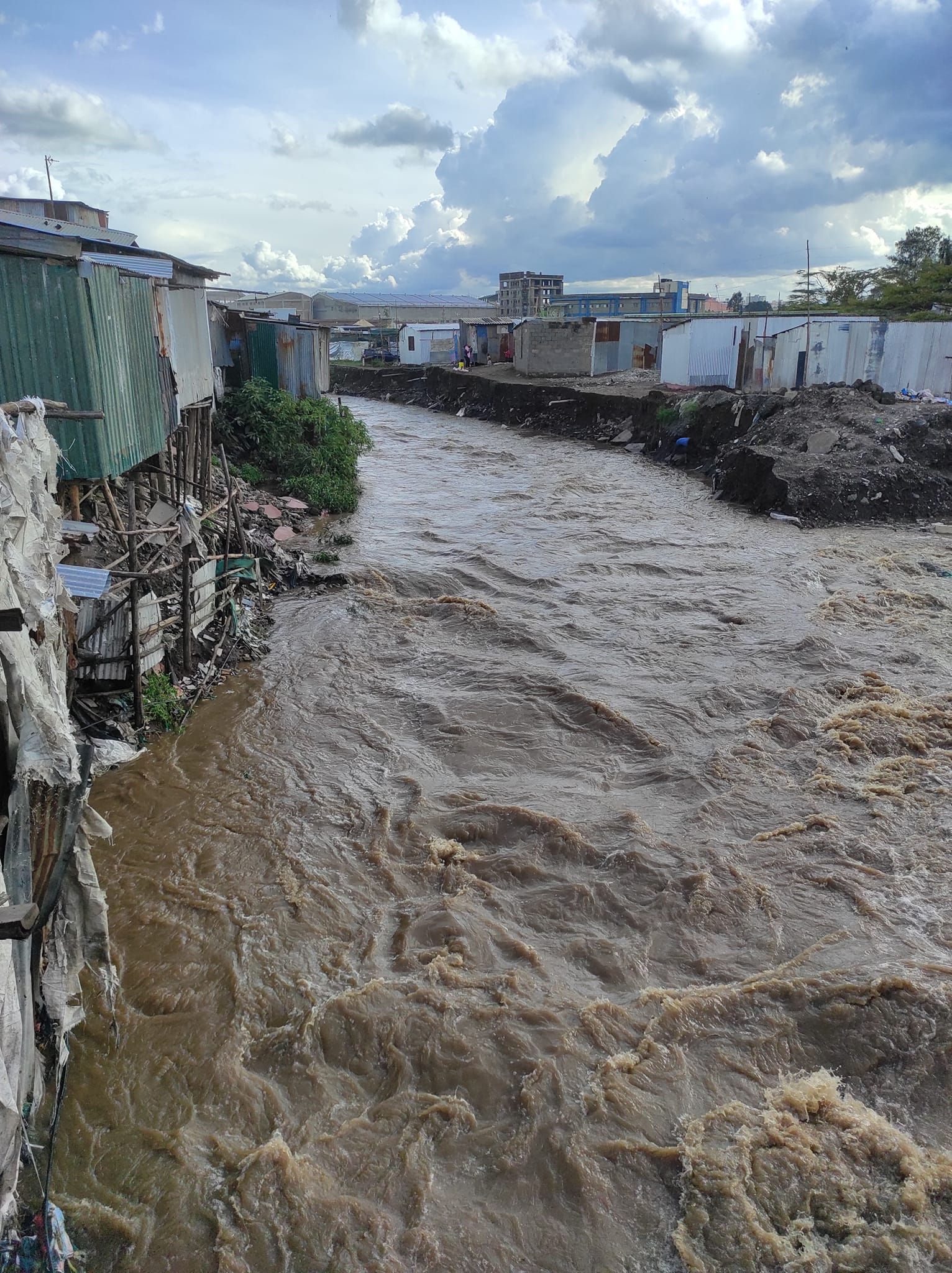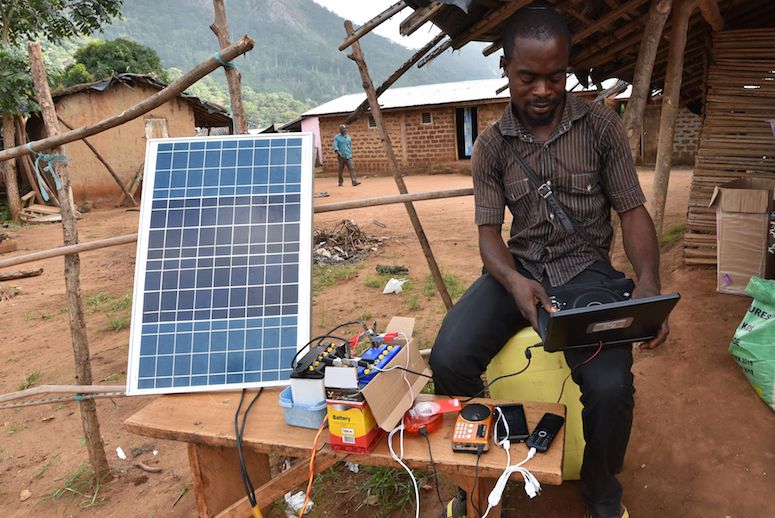FALSE: Photo does not show the drought situation in Embolioi, Kajiado County, in October 2022
FALSE: This image is not of Kenya’s Kinale Forest days after the lifting of the logging ban
The picture was taken in August 2015 and it is of Mau Forest.

This Facebook post with an image purportedly of Kinale Forest in Kenya days after the lifting of the logging ban is FALSE.
The post reads: “Kinale forest within days of lifting the timber logging. Kudos Tugege for job well done”.
President William Ruto announced the lifting of a six-year ban on logging on 2 July 2023. The ban had been imposed to save the country’s water towers. Days after the announcement, there were reports of people encroaching on forests and engaging in illegal activities such as charcoal burning.
A reverse image search on Microsoft Bing established that the image is old and it is of the Mau Forest.
The image was featured in a 24 August 2015 Nation Africa article with the headline, “Kenya Forest Service launches strategic management plan to restore Mau Conservancy”.
The image credit to Nation Media Group has the caption, “A section of the Mau Forest destroyed through logging. The Kenya Forest Service has launched a strategic management plan to restore the largest water largest catchment area in Kenya.”
Kenya Forest Service launches strategic management plan to restore Mau Conservancy
The plan spells separate out separate duties for parties involved in reclaiming Mau Forest.
nation.africa
The image of the Mau Forest has been featured in other publications over the years.
PesaCheck has looked into a Facebook post with an image purportedly of Kinale Forest in Kenya days after the lifting of the logging ban and finds it to be FALSE.
This post is part of an ongoing series of PesaCheck fact-checks examining content marked as potential misinformation on Facebook and other social media platforms.
By partnering with Facebook and similar social media platforms, third-party fact-checking organisations like PesaCheck are helping to sort fact from fiction. We do this by giving the public deeper insight and context to posts they see in their social media feeds.
Have you spotted what you think is fake or false information on Facebook? Here’s how you can report. And, here’s more information on PesaCheck’s methodology for fact-checking questionable content.
This fact-check was written by PesaCheck fact-checker Peris Gachahi and edited by PesaCheck senior copy editor Cédrick Irakoze and acting chief copy editor Francis Mwaniki.
The article was approved for publication by PesaCheck managing editor Doreen Wainainah.
PesaCheck is East Africa’s first public finance fact-checking initiative. It was co-founded by Catherine Gicheru and Justin Arenstein, and is being incubated by the continent’s largest civic technology and data journalism accelerator: Code for Africa. It seeks to help the public separate fact from fiction in public pronouncements about the numbers that shape our world, with a special emphasis on pronouncements about public finances that shape government’s delivery of Sustainable Development Goals (SDG) public services, such as healthcare, rural development and access to water / sanitation. PesaCheck also tests the accuracy of media reportage. To find out more about the project, visit pesacheck.org.
PesaCheck is an initiative of Code for Africa, through its innovateAFRICA fund, with support from Deutsche Welle Akademie, in partnership with a coalition of local African media and other civic watchdog organisations.






